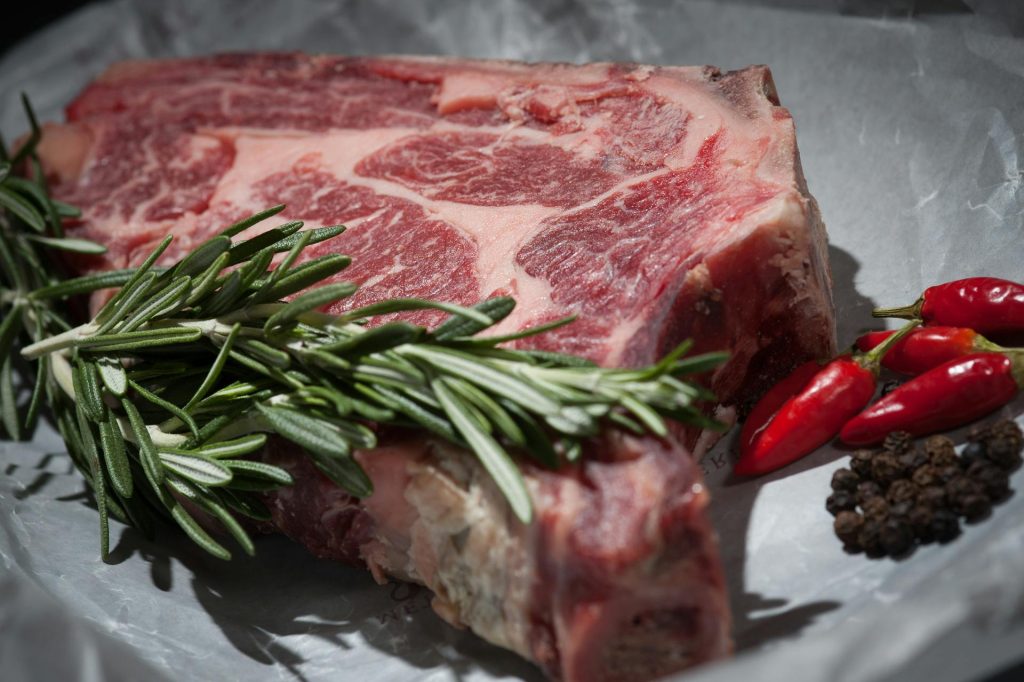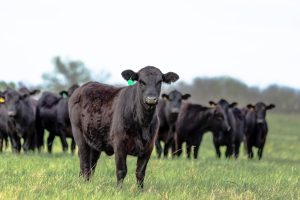Australia’s agriculture sector may be on the cusp of securing long-sought access to the European Union’s vast market, with Trade Minister Don Farrell declaring “now is the time” to finalise a landmark free trade agreement (FTA) after overnight talks in Paris.
Negotiations, which stalled in late 2023 over EU resistance to greater beef and lamb imports, have resumed with renewed urgency. Farrell’s latest meeting with European Trade Commissioner Maros Sefcovic was described as highly productive, with senior negotiators now heading to Brussels to resolve final “red-line” issues. European Commission President Ursula von der Leyen is reportedly prepared to visit Australia in July or August to sign the deal if it can be concluded by then.
Agriculture remains the key sticking point. Australia is demanding commercially meaningful market access for beef, lamb, sugar, and dairy exports, while the EU continues to seek protections for geographic indicators such as “feta” and “prosecco.” Australia has proposed compromises, including clear labelling like “Australian-style parmesan” and grandfathering for existing producers.

“This is a once-in-a-generation opportunity,”
Don Farrell, Australian Trade Minister
Farrell remains firm: a deal must deliver for agriculture. “This is a once-in-a-generation opportunity,” he said. “A trade agreement with the EU isn’t just about boosting exports—it’s about building economic resilience.”
While some agricultural groups remain wary—Meat & Livestock Australia notably withheld support—a broader coalition of 13 industry bodies has called for swift resolution, citing the urgent need to secure access to the world’s largest single market of over 450 million consumers.
With Trump-era tariffs again threatening global trade norms, both Australia and the EU view the FTA as a stabilising force between like-minded partners. If successful, it could unlock new opportunities for regional producers and mark a transformational moment for Australian agriculture—turning years of frustration into tangible market access and long-term economic gains.








